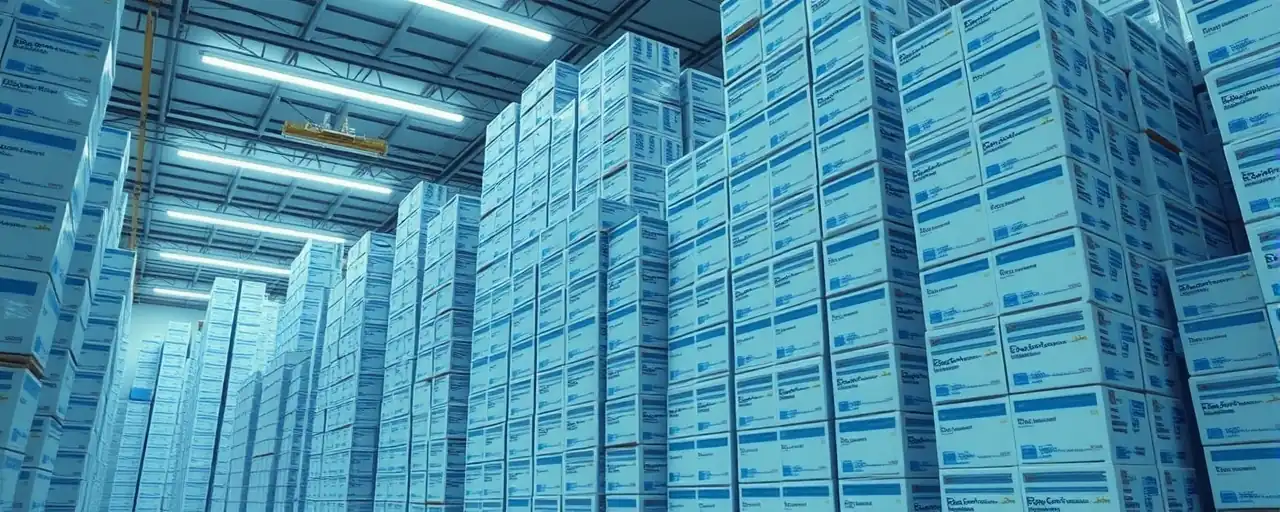Challenging a Broken System
Robert F. Kennedy Jr.’s 'Make America Healthy Again' report hit the scene in May 2025, shaking up a healthcare system that’s long overdue for scrutiny. It calls out pharmaceutical companies for turning doctors into prescription-pushers, sidelining prevention, and piling vaccines on kids without enough questions. For years, Americans have been told to follow the experts without a second thought. RFK Jr. demands we think harder. His report is a rallying cry for anyone who’s tired of a medical industry that seems to value profits over people.
The report’s message cuts deep. It argues that our healthcare system churns out pills and procedures while ignoring what makes us sick in the first place. Why are chronic diseases climbing, especially in kids, when we’re more medicated than ever? RFK Jr. points to a system built to keep us hooked on drugs, not to heal us. This isn’t just a hunch—it’s the reality for countless families who feel let down by doctors and regulators they once trusted.
Trust is eroding fast. From mid-2023 to early 2025, confidence in the CDC fell from 66% to 61%, the FDA from 65% to 53%, and even personal physicians from 93% to 85%. By January 2024, only 40.1% of Americans trusted hospitals, down from 71.5% in 2020. These numbers tell a story: people are fed up. They’re questioning a system that promises health but delivers dependency.
RFK Jr.’s report channels this anger. Critics are quick to highlight seven missing citations and some overstated studies, but that’s a sideshow. The real issue is a healthcare model that’s failing us. The report’s imperfections don’t erase its truth: we’re being sold a bill of goods, and it’s time to demand better.
This fight is about accountability, not anti-science. The Tuskegee experiment, the opioid crisis, and cozy ties between regulators and drugmakers are well-documented failures. RFK Jr. is voicing what many Americans feel. Why should we trust a system with such a spotty track record? It’s a question that deserves an answer.
Critics Miss the Mark
The pushback came fast. Public health officials and industry leaders branded the report 'unscientific,' zeroing in on its citation errors like they’ve cracked the case. Their argument is simple: trust the system, don’t rock the boat. But that system has cracks. These are the same authorities who fueled the opioid epidemic, ignored pesticide dangers, and brushed off vaccine concerns until public pressure forced a response. Why should we take their word at face value?
The scientific establishment’s outrage feels more like gatekeeping than a defense of truth. When RFK Jr. calls for reviewing the childhood vaccine schedule or tightening pesticide rules, he’s not denying science. He’s demanding scrutiny. He’s asking why kids face more shots than ever while chronic conditions soar. He’s questioning why we allow chemicals linked to cancer in our food supply. These are reasonable concerns, not fringe theories.
Critics also cry misinformation, pointing to the 3.8 billion views of COVID-19 conspiracies on Facebook in a year. But RFK Jr. didn’t create this distrust—it’s been brewing for decades. Scandals like Watergate, Tuskegee, and Vioxx planted the seeds. A profit-driven healthcare system watered them. Blaming RFK Jr. for public skepticism ignores the real culprit: institutions that expect loyalty while failing to deliver.
Supporters of the status quo, often tied to left-leaning policy circles, lean on agencies like the CDC and FDA, despite a 9-point drop in Republican trust since 2023. They frame public health as a monolith, but it’s become a political weapon—think mask mandates or vaccine campaigns. RFK Jr.’s report isn’t the issue; it’s a mirror reflecting a system that’s lost credibility.
Why This Fight Matters
America’s health is on the line. Chronic diseases are spiking, kids are struggling, and we’re drowning in prescriptions. RFK Jr.’s report doesn’t just point fingers—it proposes fixes. It pushes for cleaner food, fewer toxins, and a serious look at what we’re putting in our bodies. These ideas resonate with a movement that values personal choice and responsibility over bureaucratic control.
This battle has deep roots. Since the 19th century, Americans have pushed back against smallpox vaccines and fluoridation, wary of centralized power. Today, that skepticism fuels a broader revolt against overreach. Roughly eight in ten Republicans trust figures like RFK Jr. and President Trump over unelected officials. They’re not alone—millions want a system that respects their concerns, not one that demands compliance.
The timing is pivotal. With President Trump in office until 2029, there’s a chance to reshape health policy. His administration has already questioned Big Pharma’s sway. RFK Jr.’s focus on prevention over medication could guide a new approach—one that puts families first. But change won’t come unless we push for it.
Seizing the Moment
RFK Jr.’s report has its flaws, but it’s a spark we can’t ignore. Its citation issues pale next to the truths it uncovers. We need a healthcare system that serves people, not corporations. That means rethinking vaccine schedules, cracking down on chemicals, and giving individuals the power to choose. It means calling out experts who dismiss valid concerns as misinformation.
The alternative is bleak. If we stick with the status quo, we’ll face more illness, higher costs, and less freedom. Trust in hospitals is at 40.1%, the FDA at 53%. These are warning signs we can’t brush off. RFK Jr.’s report, despite its hiccups, offers a chance to redefine health in America.
The next step is ours. Hold regulators accountable. Back leaders who challenge the system. Most importantly, take charge of your health. RFK Jr. has started the conversation. It’s up to us to keep it going and build a future where health comes first.
